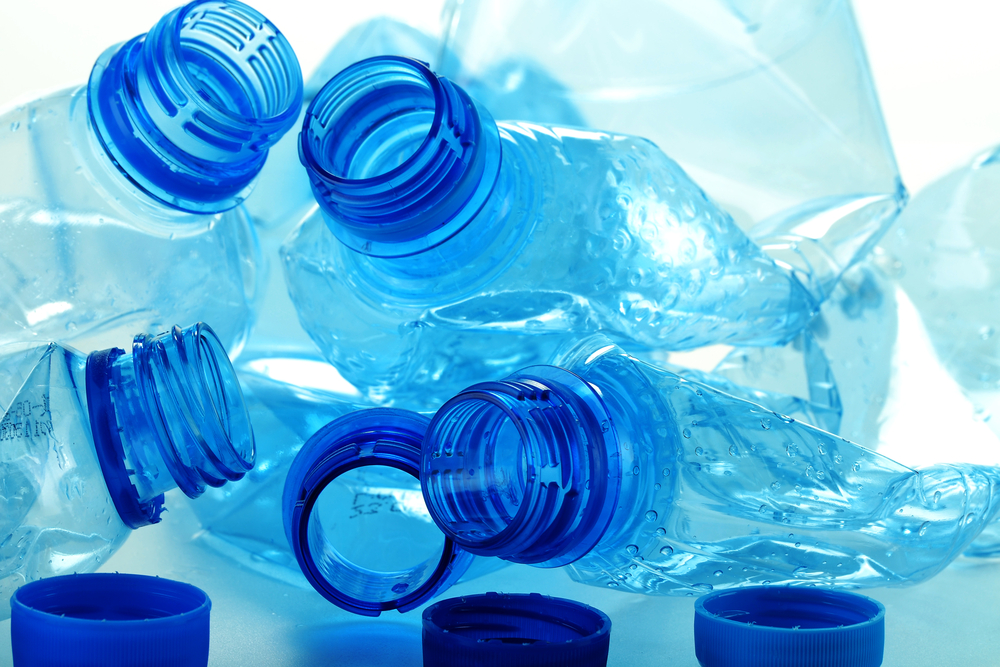Plastic Pollutants and Human Health
Each year, an estimated eight million metric tons of plastic are polluting the ocean each year. Most plastics that are produced are designed to be single-use products, which harm the environment, organisms, and humans. As plastic is tossed around in the ocean, much of it breaks down into tiny pieces called micro-plastic. These smaller pieces are ingested by smaller organisms including bacteria, plankton, and small fish. The larger predators of the food chain hunt the smaller organisms. All living things become infected with the different chemicals found in plastic; humans then consume the pray that is contaminated. This will continue to impact our environment and our health if nothing is changed. One of the chemicals found in plastic is known as Bisphenol A or BPA.
Bisphenol A is a chemical that is used in many products including water bottles, canned foods, baby bottles, clear plastic food or beverage containers, and cash register receipts. ”BPA is also used to make epoxy resins, which are spread on the inner lining of canned food containers to keep the metal from corroding and breaking” (“BPA” Sierra Club). Almost everyone in the United States has some BPA in their bodies. A survey of the population found BPA in 93 percent of urine samples from people age six and older.
The chemical BPA replicates and mimics the structure and function of the hormone estrogen. It also has an influence on bodily processes such as growth, cell repair, reproduction, fetal development, and energy levels. Many scientists believe that BPA effects hormone receptors which in turn negatively affect a person’s health. Children born to mothers with higher levels of BPA had birth defects, and were more hyperactive. According to Healthline.com, ”BPA exposure during early life is also thought to influence prostate and breast tissue development in ways that increase cancer risk."
Products containing BPA are banned in EU, Canada, China, and Malaysia. Some states within the United States have followed this regulation, however there are no federal regulations which favor this.
To prevent against the spread of chemicals among the environment, organisms, and animals, consumers should be cautious about the things they buy. Instead of buying and using plastic bags in stores, consumers should use reusable bags. If these man-made chemicals continue to make their way into the ecosystems and oceans, they will continue to have hazardous impacts on living organisms. To better protect against this threat, individuals should purchase BPA-free products which include glass and stainless steel containers without plastic lining. As well as reusable items, eating fresh and frozen foods instead of foods stores in cans will benefit both the health of the environment and citizens.







